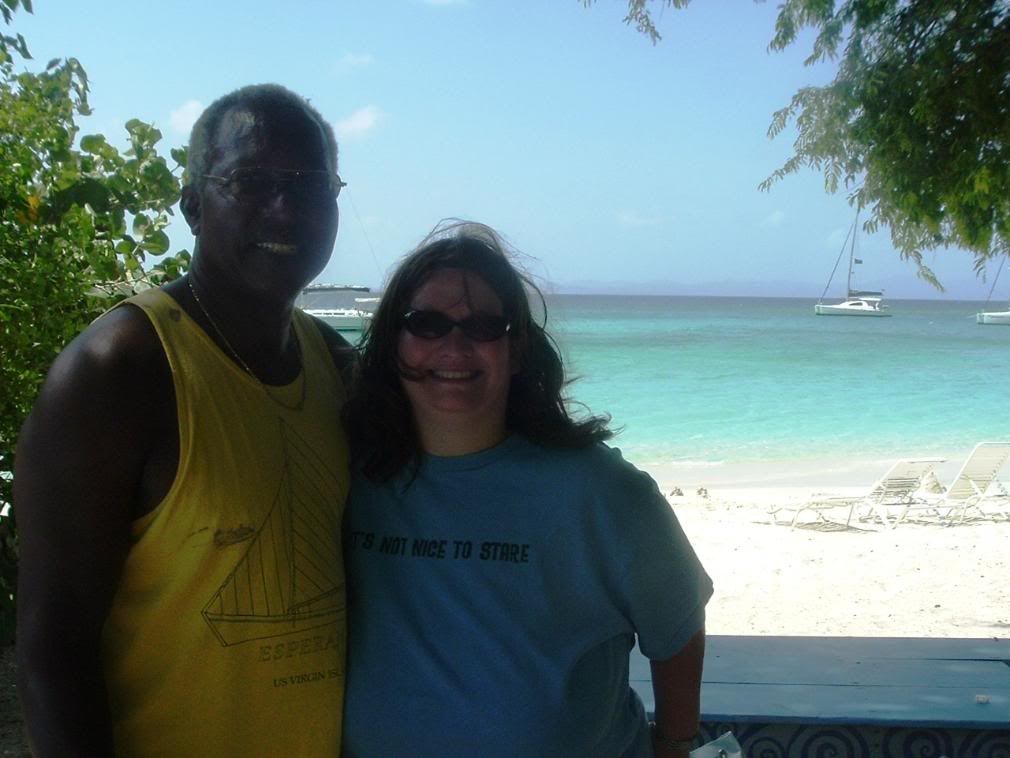Let's play copyeditor!!!
Many of you know that I started this wonderful ride I call life as a copyeditor. I love editing. I'm a writer, but I am a stickler when it comes to grammar and spelling. I tried to do online dating a few years ago, and I couldn't do it because of the typos.When I was dating an engineer, he gave me one opportunity per date to correct his grammar. I got one and then after that he could coast and I couldn't say anything. (To be fair, his dad was an English teacher, so he had a good grasp of the English language compared to most engineers.) One time I got lost on the way to meet him, so I called him on my cell phone. I don't remember what he said, but I remember correcting him. And he said, "Wow, you just used your one correction before you ever got here." Dammit!
I probably don't read as much as I should because I can't get past the mistakes I see in books, newspapers, etc. I used to actually read the paper with a red pen because it made me feel better.
I don't have a red pen today, but I do have a blog. And here instead of just correcting stuff, I can make fun of it, too.
This is from Reuters. Not The Podunk Daily Times. Reuters. Their content is distributed internationally and all over the Web, which is how I happened to stumble upon it.
Your lead of your article should be the best part. It's what draws readers in and gets them to keep reading. It should sum up the story and attract attention. And it should be error-free.
So, I present to you the worst lead that I've read in a long time. (I've excepted the leads of a certain PR person who lives and breathes for run-on sentences. If she were in the competition, no one else could win.)
The entire article can be found here. It was interesting.
Maybe you should click on the whole link instead of relying on the lead to draw you in. I'll be honest. I was so turned off by the major errors (it looks like an editor never saw it), that I only read down a few graphs. I was afraid of what I might find if I kept reading...
NEW YORK (Reuters Health) - Teenagers who take pledges to remain virgins until marriage are likely to deny having taken the pledge if they later become sexually active. Conversely, those who were sexual active before taking the pledge frequency deny their sexual history, according to new study findings.
Anyhow, it'd be fun to make this a little grammar game. If you'd like to guess the errors, leave them in the comments.



0 comment(s):
Post a comment
<< Home